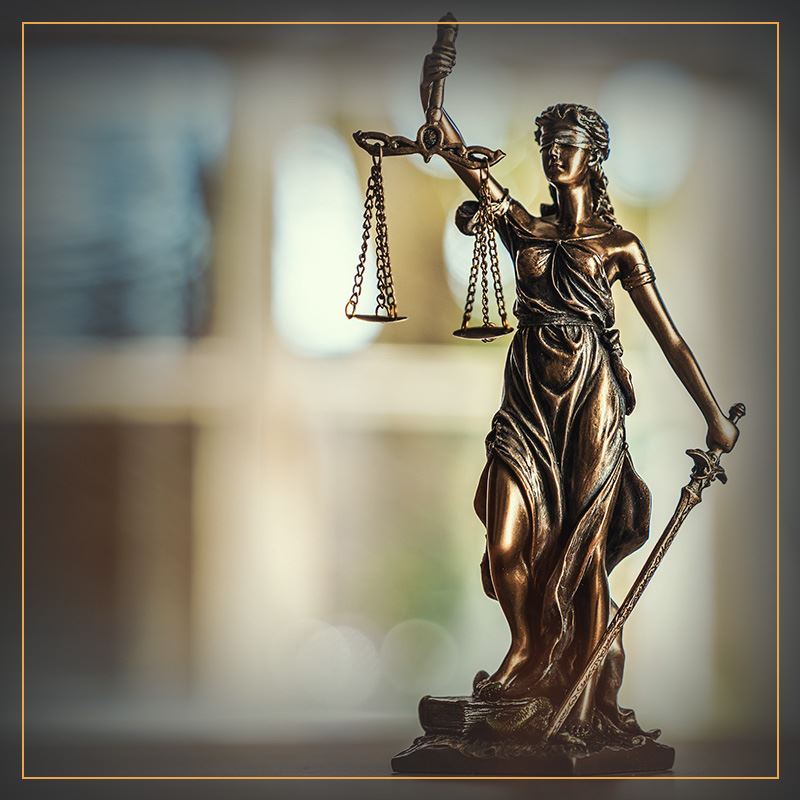
St. Louis DWI Expungement Attorney
Serving Clients in and Around St. Louis County, Missouri
A conviction for driving while intoxicated will have a continuing impact on the life of an individual long after the original arrest, conviction, and sentence. In fact, a single conviction for driving while intoxicated may cause current or future employers to determine that you are unsuitable for a promotion or position.
If you have plead guilty to or were found guilty of driving while intoxicated and have no other alcohol-related contacts or offenses, you may be eligible to have the DWI/DUI conviction expunged from your record. Call the Whiteley Law Firm today and a St. Louis DWI Expungement lawyer will discuss with you the possibility of removing this handicap from your record.
We will review your case in order to determine if you meet the statutory requirements, file the petition for expungement in the court where the conviction occurred, and present the evidence in a manner that best ensures you will get the requested relief. Once the court grants the expungement, all records related to the arrest, plea and/or conviction will become confidential and shall not be available to the public. The effect of the expungement will be to restore you to the position you held prior to the arrest and conviction and as if the incident never took place.
If a DWI conviction is continuing to cause you embarrassment, preventing you from obtaining employment, or having other negative ramifications in your life, you should contact a St. Louis DWI Expungement attorney at the Whiteley Law Firm today to determine if the conviction can be permanently expunged from your record.

What Sets Us Apart From The Rest?
Whiteley Law Firm is here to help you get the results you need with a team you can trust.
-
Accessible Support
We make it easy for you to reach out and discuss your case, offering multiple avenues including phone, voicemail, online submission, and office visits for your convenience.
-
Trusted AdvocacyWe understand the gravity of your situation and are committed to earning your trust through unwavering dedication to your defense.
-
Thorough Defense StrategyOur approach involves a meticulous evaluation of your case, ensuring every possible defense avenue is explored to protect your rights.
Our FAQ
Have questions? We are here to help. Still have questions or can't find the answer you need? Give us a call at 888-910-8827 today!
-
Can I represent myself?Yes. Although the right is not unlimited, in every criminal prosecution, the accused must be permitted to act as his or her own attorney. However, the better question is whether you should represent yourself. To that question, the answer is undeniably no. For more information on why a criminal defendant should hire an experienced criminal defense attorney, please read more here.
-
What if I am guilty?
Although your thoughts on guilt or innocence of the charges against you are important, it is only one factor that should be considered in how to dispose of the criminal case.
The Whiteley Law Firm is committed to ensuring that those charged with criminal offenses receive a result that is in their best interest. In doing so, we always ensure that the conduct of the police has been proper and the prosecution can meet their burden of proof.
-
Will my case be dismissed if the police did not read me my Miranda rights?
The continued popularity and proliferation of crime drama television shows perpetuates the idea that the police must advise the suspect of his or her Miranda rights immediately upon being arrested. This television show concept, however, is a myth. The police are under no obligation to inform someone of their constitutional rights once placed in custody.
The Miranda warnings – generally, the right to remain silent and the right to an attorney – take their name from the 1966 U.S. Supreme Court decision of the same name, Miranda v. Arizona. The landmark decision requires law enforcement officials to inform individuals in custody of their rights prior to any questioning. In other words, with some limited exceptions, Miranda warnings are only required when the police interrogate someone while they are in custody.
Given these two requirements, the question whether a case will be dismissed can become a complex question. Suffice it to say, while complete dismissal of the case is not impossible, the more likely result from a Miranda violation would be suppression of the illegally obtained evidence.
